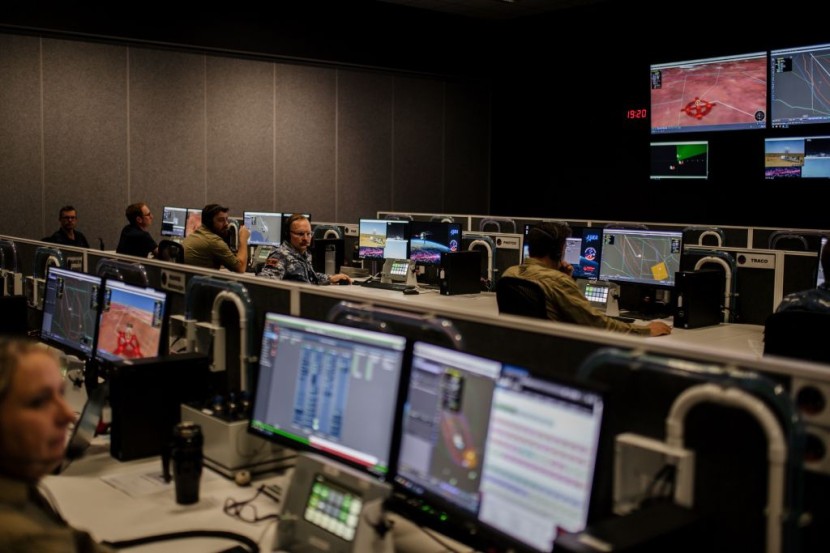
Australia's first space commander has admitted that the country lags in the rising military arena, saying that China and Russia's ability to shoot down satellites "scares" her.
Air Vice-Marshal Catherine Roberts leads the Defence Space Command, which brings together resources from the RAAF, Navy, and Army. "I am so happy to be launched, it's been a long time coming," she told reporters at the Air and Space Conference in Canberra.
Air Vice-Marshal Roberts now leads a team of over 100 people from a new headquarters in Canberra, where her unit is already building "kinetic and non-kinetic" technologies to strike out possible opponents' assets in space, which she sees as an important step.
"We need to operationalize it because we are so far behind," Roberts said, as per ABC News.
Australia is keeping a close watch on the Chinese satellite SJ21, which successfully eliminated another satellite from orbit earlier this year, alarming the US and its allies.
In November, Russia blasted one of its aging satellites in a test of anti-satellite missiles, scattering approximately 1,500 pieces of debris across the globe, which raised concerns.
"Well, it's not Darth Vader," Roberts quipped, admitting that she's a science fiction fan, The Guardian reports. Though the threat is real, it is more terrifying than the movies.
"I think the activities by China and Russia, which have been fairly well documented in the public domain, scare me," Air Vice-Marshal Roberts noted, saying Australia's lack of defensive mechanisms against such threats is alarming. Yet, the country has a "great ally" to help address the concern: the United States.
New Realm For Conflict
In a speech to the Royal Australian Air Force air and space power conference on Tuesday, Defence Minister Peter Dutton revealed details of the new military unit Defence Space Command.
He announced that Australia is planning to follow America's lead in establishing a 'Space Force' to protect crucial satellites from authoritarian states, such as Russia and China, that are developing "capabilities to threaten or damage space networks, target satellites, and destroy space systems."
The failed missile launch on the Kosmos 1408 was dubbed "unconscionable" by NASA and the administration of United States President Joe Biden, who warned the weapon constituted a threat to space exploration and scientific discovery, as per Daily Mail report.
Dutton believes that it is a "necessary endeavor" to create a military presence in space, which he called the "new realm for conflict," which has become increasingly crowded with around 7,500 satellites orbiting the globe at present.
The official noted that "Space is becoming more congested and is already contested" mainly due to the gradual blurring of " grey-zone activities" in the "boundaries between competition and conflict."
Donald Trump announced in 2018 he was directing the Pentagon to launch a 'Space Force'Last year, the British Government also confirmed the launch of the UK Space Command to protect key satellite assets.
Expert: Australia Should Be Careful In Its Space Endeavors
Dr. Cassandra Steer, a space law expert at the Australian National University, praised the creation of Space Command but urged that Australia must proceed with caution in increasing its footprint in space. She also thinks that there is a need for the country to assert its position as a "responsible space middle power."
"It's an exciting time for Australia as a middle power to be extending our footprint in space but we must be cautious of adopting any rhetoric, policy, or strategic language that may be interpreted as escalatory," said Dr. Steer.








